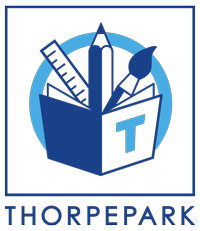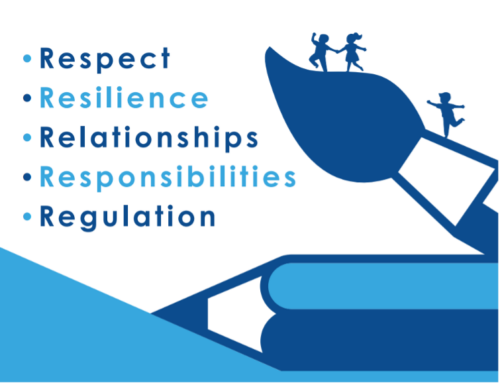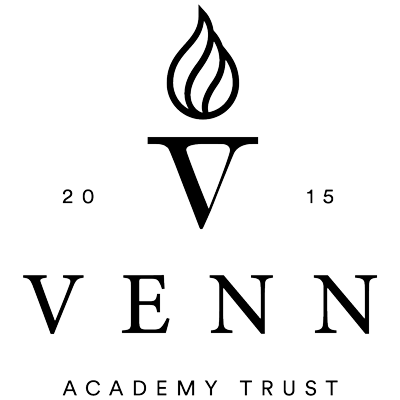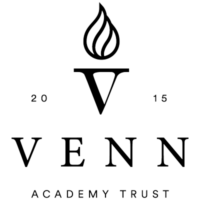Religion, Belief and Values (RBV) subject information
Religion, Belief and Values (RBV)
RBV (previously known as RE) at Thorpepark Academy has been renamed in order to respond to the fact that our children and young people are growing up in a world where there is an increasing diversity of religious and other worldviews. RBV also recognises and takes account of individual’s values and belief systems, including those who follow no religion at all. Furthermore, RBV allows the exploration of the “inner diversity” of each religion and worldview.
Intent
Learning RBV contributes dynamically to young people’s education by provoking challenging questions about meaning and purpose in life, beliefs about God, issues of right and wrong and what it means to be human. In RBV, young people learn about religion and worldviews, values and beliefs in local, national and global contexts, to discover, explore, consider and interpret different responses to life’s big questions. Studying RBV gives the opportunity to develop knowledge and understanding of important aspects of human experience.
Learning in RBV lessons develops religious literacy, so that young people are equipped with systematic and powerful knowledge, deepening as they progress through the school. Young people explore their own responses and those of others to questions of meaning, purpose and truth, enabling them to develop their own ideas, values and identity.
By learning RBV at Thorpepark Academy, it is hoped that the children are prepared to participate fully and positively in our society with its diverse religions and many differing worldviews, values and beliefs.
Implementation
At Thorpepark Academy we follow the 2022 Agreed Syllabus – A syllabus for Religion and Worldviews, which is the result of a collaborative partnership between the Standing Advisory Councils for Religious Education (SACREs) of the two local authorities, Hull and East Riding. We use an enquiry- based approach, learning about and from religion and world views, including the children’s own beliefs and values. We provoke challenging questions about the meaning and purpose of life, beliefs, the self, and issues of right and wrong, commitment and belonging.
Pupils’ develop their knowledge and understanding of Christianity, other principal religions, religious traditions and world views that examine these questions, fostering personal reflection and spiritual development. The children are encouraged to explore their own values and beliefs (religious or non-religious), in the light of what they learn, as they examine issues of religious belief, faith, worldviews, values and beliefs and how these impact on personal, institutional and social ethics; and to express their responses.
Pupils are enabled to build their sense of identity and belonging, which helps them flourish within their communities and as citizens in a diverse society. Pupils are taught to develop respect for others, including people with different faiths and beliefs, and helps to challenge prejudice. They are prompted to consider their responsibilities to themselves and to others, and to explore how they might contribute to their communities and to wider society. Learning RBV encourages empathy, generosity and compassion, to develop a sense of awe, wonder and mystery and allows them to develop their own spiritual development.
To ensure the children learn a range of religions, build their knowledge and understanding and make connections in a progressive way throughout their primary school career, RBV is organised accordingly.
In summary:
EYFS children learn about religions and worldviews through the following key themes: Special places, Special times, Special people, Special books and Special things.
KS1 and KS2 focus in much more depth predominantly on Christianity and at least one (in KS1) or two (in KS2) other religion as follows. This ensures that KS2 children have in depth experience of more than the recommended additional 2 religions over their KS2 journey:
- Year 1 Christianity, Judaism and Humanism
- Year 2 Christianity and Islam
- Year 3 Christianity and Hinduism
- Year 4 Christianity and Buddhism
- Year 5 Christianity and Sikhism
- Year 6 Christianity and Islam
Other religions and worldviews are also built upon throughout their learning journey. For example, Judaism will be focused on again in subsequent years.
The enquiries covered during RBV are organised as follows:

Impact
Our aim is that at the end of each school year, pupils will have gained a deepening understanding and knowledge of Christianity and the other main religions and worldviews represented in the U.K. They will show an appreciation of the way that religious beliefs and worldviews (including those of no religious belief) shape life and behaviour, develop the ability to make reasoned and informed judgements about religious and moral issues and enhance their spiritual, moral, social and cultural development.
The children will acquire a keen sense of enthusiasm as they learn about different cultural and religious backgrounds. They will become confident to question the world around them and appreciate the diversity it offers. The children’s understanding and acceptance of differences and similarities between religions and worldviews will enable them to discuss issues respectfully and appreciate the diversity of the modern world.
Emphasis is placed on children having an opportunity to talk through enquiry discussions. Children will learn how to respond articulately, sensitively and respectfully to other values, beliefs and opinions. Pupils will be able to question, explain and justify their own thoughts using evidence to back their arguments.
It is hoped that all parents and teachers will feel comfortable with the RBV taught at our school and if they have any concerns will talk initially to the class teacher, progressing to the RBV lead or a member of the Senior Management Team for further clarification.
Curriculum documents :
Year 1
Year 2
Year 3
Year 4
Year 5
Year 6
“Pupils thrive at Thorpepark Academy.”
“Leaders know the pupils, their families and the community very well.”
“Pupils are motivated to learn.”
“The school’s offer for pupils’ personal development is exceptional.”
“Pupils are motivated to learn. They enjoy lessons and they achieve well.”
“By the end of key stage 2 pupils have secure knowledge in English and mathematics.”
“Pupils are well prepared for secondary education.”
“Leaders prioritise pupils’ well-being.”
“Pupils understand how to keep their minds and bodies healthy.”
“Pupils know ways to raise their own self-esteem and that of others.”
“Pupil ambassadors check on other pupils’ well-being.”
“Pupil mentors support younger pupils and those new to the school.”
“Pupils are empathetic and show understanding of other pupils’ needs.”
“Parents work in partnership with leaders and staff.”
“Many parents appreciate the adult learning and volunteering opportunities available to them.”
“Leaders, including the trust, ensure that pupil, parent and staff well-being is a top priority.”
“Leaders are committed to and highly skilled in supporting pupils who struggle to manage their own behaviour.”
“There is a truly inclusive ethos.”
“Leaders have designed the curriculum to develop pupils’ sense of belonging, identity and pride in being from Hull.”
“Pupils learn about people and places from their local area in all subjects.”
“Leaders have ensured that the teaching of reading is strong.”
“Pupils are exposed to a wide range of high-quality books.”
“Lots of initiatives are in place to encourage pupils’ love of reading.”
“Children in the early years get off to a good start.”
“The curriculum for pupils with special educational needs and/or disabilities (SEND) is well designed.”
“Pupils often benefit from bespoke plans which are matched to their needs.”
“Pupils love the ‘Thorpepark 50’.”
“Extra-curricular clubs are carefully chosen to stretch individual pupils’ talents in music, sport and other areas, including sewing.”
“Pupils learn the importance of contributing to their community.”
“Pupils enjoy being active citizens and getting paid in credits they can spend in the school shop.”







